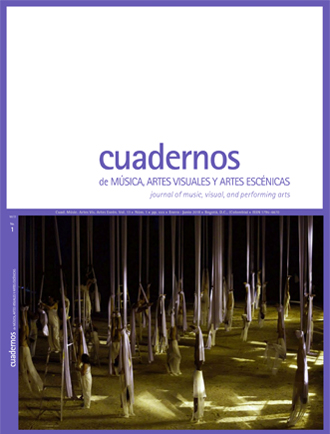Abstract
El cine de Pedro Almodóvar es complejo y pleno de intertextos, siendo el teatro una de sus fuentes de recursos principales. El objetivo de este trabajo es analizar cómo en su filmografía ha ido adaptando las obras de dramaturgos que podrían ser englobados dentro de la categoría de queer drama, caracterizado por una focalización novedosa donde el hombre se convertía en objeto del deseo. Utilizando la narratología fílmica y la teoría queer, se ha analizado cómo obras de Lorca, Feydeau, Tennessee Williams o Jean Cocteau, con una sensibilidad queer latente en unos y evidente en otros, sirven así de modelo para parte de su cine. Como conclusión, se puede vislumbrar una línea de continuidad entre los modos de representación de las sexualidades “no normativas” en todos estos autores, que enlazan con la categoría de enunciación paranoica formulada por Alberto Mira. Queda demostrado así cómo estas rupturas con el modo de representación institucional, según la definición de Nöel Burch, manifestadas en la cinematografía almodovariana, tienen uno de sus hipotextos principales en el teatro homosexual.
This journal is registered under a Creative Commons Attribution 4.0 International Public License. Thus, this work may be reproduced, distributed, and publicly shared in digital format, as long as the names of the authors and Pontificia Universidad Javeriana are acknowledged. Others are allowed to quote, adapt, transform, auto-archive, republish, and create based on this material, for any purpose, provided the authorship is duly acknowledged, a link to the original work is provided, and it is specified if changes have been made. Pontificia Universidad Javeriana does not hold the rights of published works and the authors are solely responsible for the contents of their works; they keep the moral, intellectual, privacy, and publicity rights.
Approving the intervention of the work (review, copy-editing, translation, layout) and the following outreach, are granted through an use license and not through an assignment of rights. This means the journal and Pontificia Universidad Javeriana cannot be held responsible for any ethical malpractice by the authors. As a consequence of the protection granted by the use license, the journal is able to publish retractions or to correct information already published. Publishing contents in this journal does not generate royalties for contributors.


